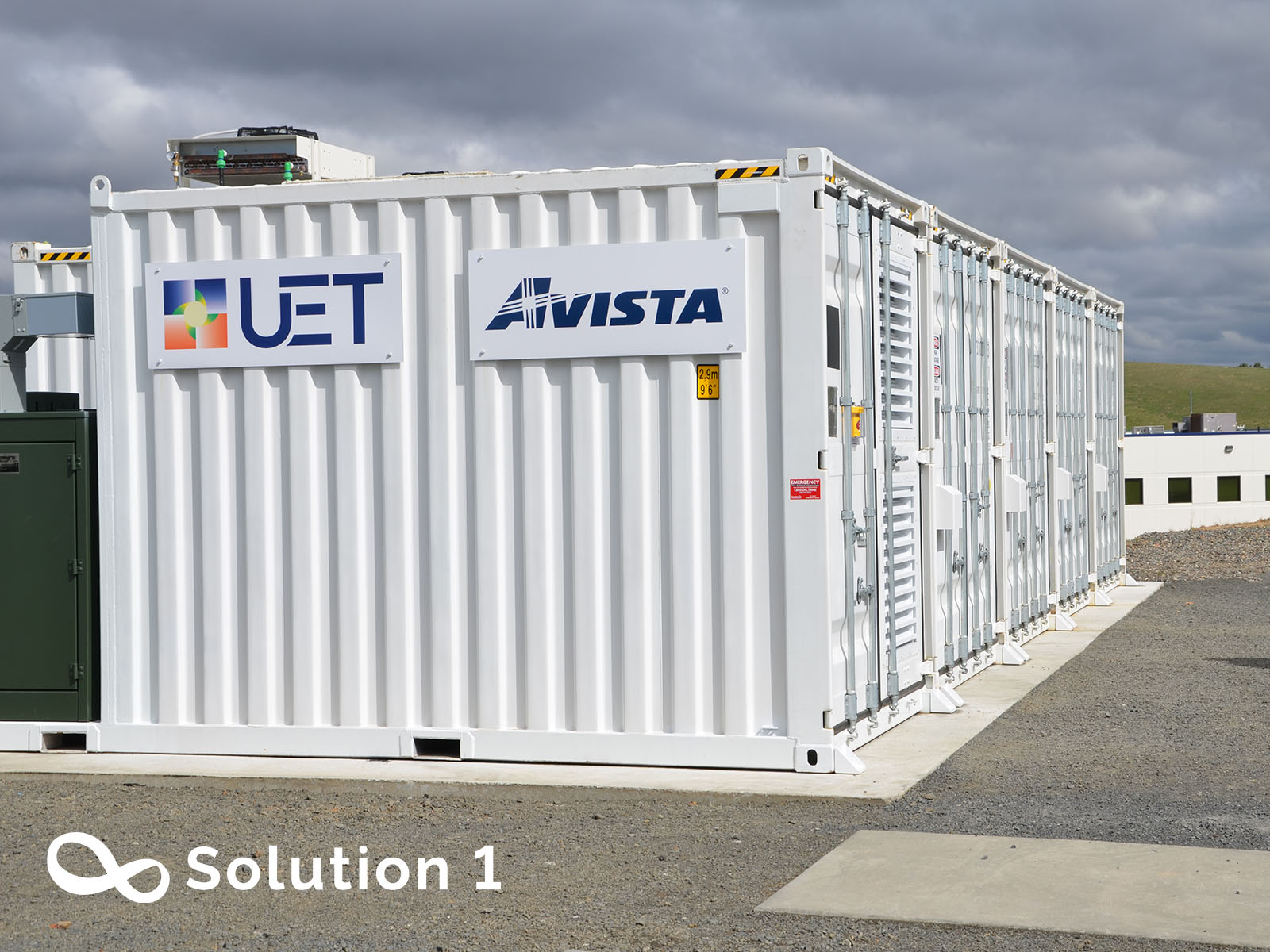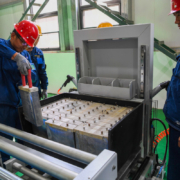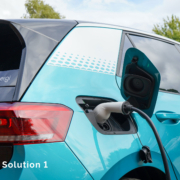Battery energy storage systems can provide various services that achieve economic savings and are currently becoming an increasingly profitable investment.
- Battery energy storage systems play a pivotal role in enabling power grids to function with more flexibility and resilience.
The transition from fossil fuel power to renewable energy sources is a global strategy driven by sustainability to reduce greenhouse gas emissions. Solar PV generation is expected to grow by 15% each year to 2030. Due to natural fluctuations in intermittent energy sources, such as solar and wind, the need for energy storage is growing.
“According to the new research report, the global battery energy storage system market size is expected to grow from USD 4.4 billion in 2022 to USD 15.1 billion by 2027, at a CAGR of 27.9%.”
Grid-connected battery energy storage systems linked to transient renewable energy sources, such as solar photovoltaic generation, contribute to the integration of renewable energy into the grid. Combined with energy management strategies, such as peak shaving, load shifting, electricity arbitrage, and solar PV generation with self-consumption, battery energy storage systems also benefit the power system by contributing to sophistically balancing the demand and supply of electricity on the demand side.
“A study used mathematical models to estimate profits in a scenario where the electric vehicle owner also participates in vehicle-to-grid, which means using the battery still located in the electric vehicle as a battery energy storage system when the electric vehicle is plugged into the grid. According to the study the owner could save up to 19.56 % of the initial battery cost.”
The success of lithium-ion technologies has also created a significant market opportunity for batteries to support multiple other end users that previously have not been technically or economically feasible.
Costs have dropped drastically, making lithium-ion the most dominant battery technology today. Although new chemistries are likely to enter the market, most industry experts agree that lithium-ion battery technology will continue to have a strong market share for the next 5 to 10 years, given the large investments in lithium-ion battery technology supply and technology.
- The use of repurposing batteries provides huge opportunities for both the environment and the economy.
As more consumers and businesses use electric vehicles, the number of electric vehicle batteries reaching end-of-life has started to increase and is projected to grow dramatically in the next 5 to 10 years. The reuse of EV batteries, especially for battery energy storage systems applications, is gaining traction, extending the life of these products for a number of years before they require recycling.
Research and industrial interest of repurposing batteries from electric vehicles such as battery energy storage have recently increased. This circular economy practice can benefit both the environment and economic viability of BESS investment. Repurposing a battery can reduce investment costs when the battery price is lower and the quality is assured.
Circular business models map how to enable the commercial success of a product or service with an underlying strategy, such as enabling a repurposing battery that will extend the lifetime before recycling and contribute to batteries by slowing the materials loop. The use of repurposing batteries provides huge opportunities for both the environment and the economy. Many electric vehicle manufacturers have invested in their own repurposing batteries projects.
Lithium-ion batteries are expected to reach end-of-life technically when the battery has 80% of the original capacity and should then be ready for recycling the materials. Electric vehicle batteries are removed from vehicles when they reach 80 % state of health and are usually repurposed for second-life applications by dismantling them into modules and packing them up again.
In addition to the increasing demand for repurposing battery energy storage systems, the electrification of the transport sector enhances the use of battery-dependent mobile applications, such as electric vehicles. Repurposing battery energy storage systems have been implemented in both wind power plants and solar power plants and utilized in off-grid systems.











